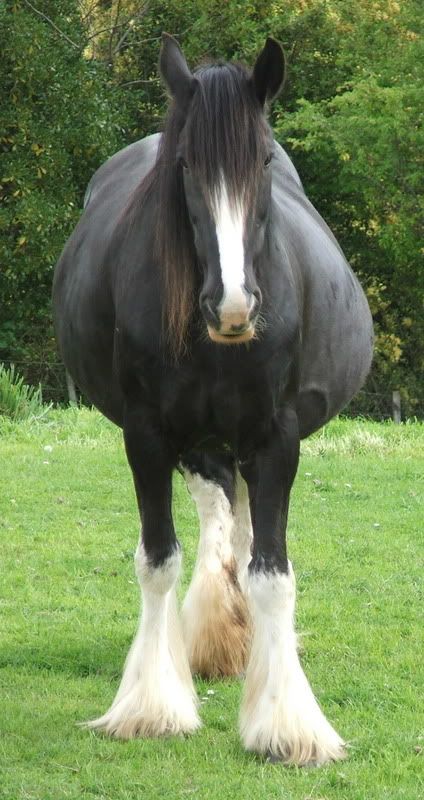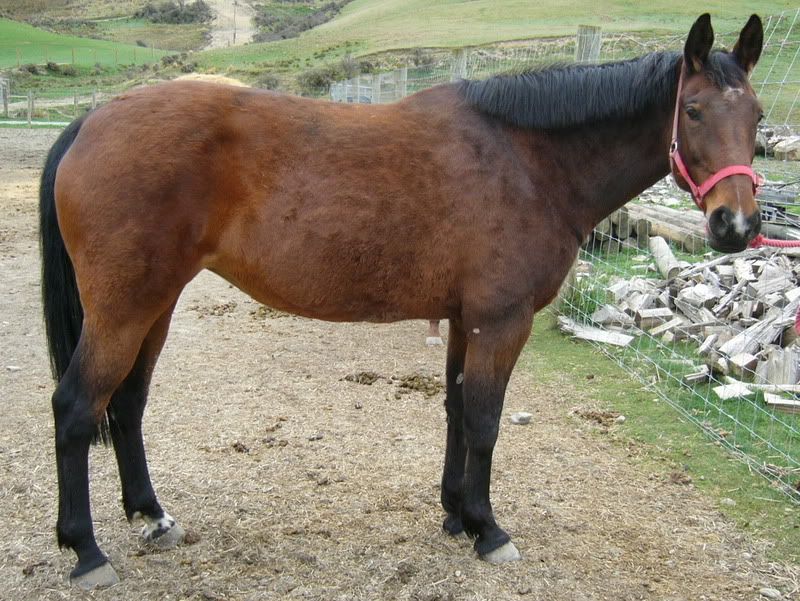 Over on Madisonian.net, Boston College Law School professor Alfred Yen has an engaging examination on whether New York Jets head coach and former New England Patriots defensive coordinator Eric Mangini (who can't be too happy after his now 1-3 Jets lost to the 1-3 Buffalo Bills earlier today) breached an unwritten covenant among NFL assistant coaches that includes not divulging certain information about their employers should they later become head coaches in other organizations.
Over on Madisonian.net, Boston College Law School professor Alfred Yen has an engaging examination on whether New York Jets head coach and former New England Patriots defensive coordinator Eric Mangini (who can't be too happy after his now 1-3 Jets lost to the 1-3 Buffalo Bills earlier today) breached an unwritten covenant among NFL assistant coaches that includes not divulging certain information about their employers should they later become head coaches in other organizations.Fred's piece relates to Sports Illustrated's Peter King recent column entitled "The NFL's Mob Mentality," which raises a number of provocative contextual points about Mangini's decision to tell on Bill Belichick.
Here is an excerpt from Fred's piece:
For the rest of the piece, click here.* * *
King’s column identifies two code violations by Mangini. First, he lured away a Patriots free agent whom the Patriots were trying to retain. Second, he exposed his former boss breaking the rules. This demonstrated his lack of loyalty, loyalty that head coaches (and by implication teams and the league) understandably and properly require. Indeed, the argument might go, without such loyalty, why would a coach invest in his assistants, sharing his knowledge and the team’s secrets, if he knew that his methods and knowledge might be used against him in the future? Thus, in a sense, the coaches’ code forms an unwritten covenant not to compete that all assistants must honor.Characterizing the coaches’ code as a covenant not to compete creates an interesting perspective from which to evaluate Mangini’s behavior. As an initial matter, covenants not to compete are not uniformly enforced. Courts evaluate them for reasonableness. Indeed, courts often regard promises not to hire a former employer’s key staff reasonable on the theory that employers have legitimate interests in retaining staff crucial to the operation of their businesses. This interest gets balanced against the right of employees to find new employment. In the context of the NFL, clubs have always wanted to restrict the movement of key players, but players have limited that impulse through free agency obtained through collective bargaining and litigation. Coaches have fewer protections.
The same probably cannot be said for whistleblowing. Convenants not to divulge trade secrets are, of course, generally enforceable. However, the Patriots’ taping of signals in direct violation of league rules is not the kind of confidential information courts will allow a company to suppress. Thus, from a covenant not to compete perspective, Mangini did nothing wrong in informing the league of the Patriots’ infraction.































